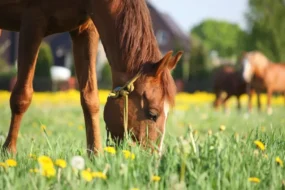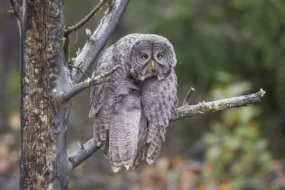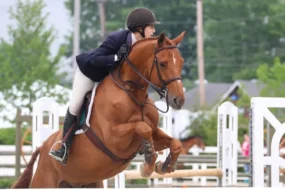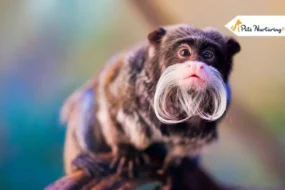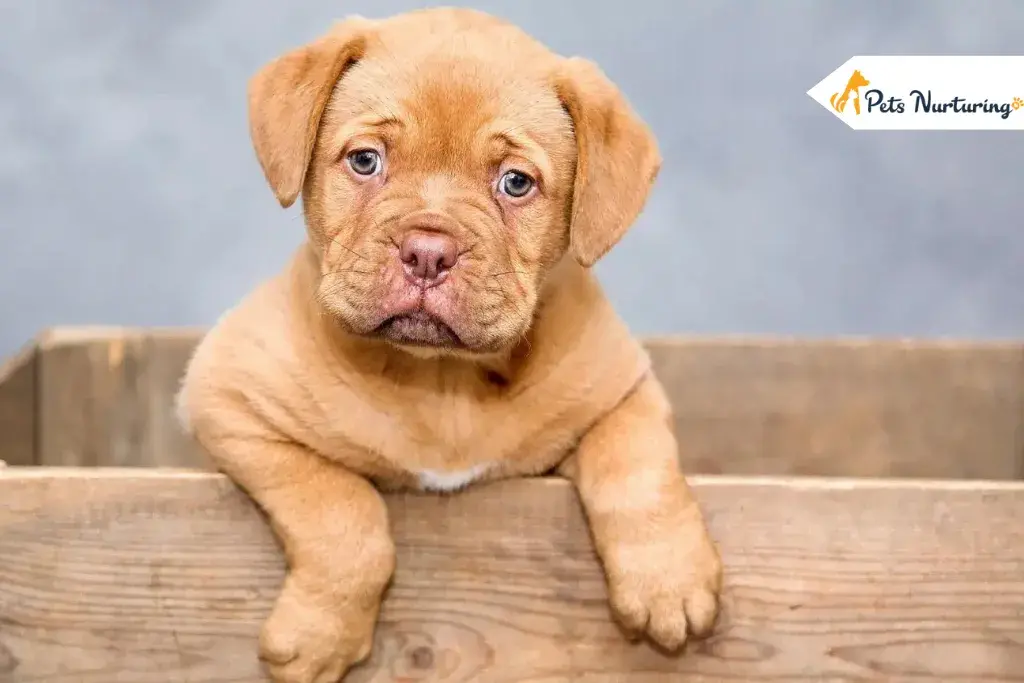
From Madeline Stuart, Zack Gottsegen to Chris Burke, you may hear of these people with down syndrome. Even with this disease, these people have proved that nothing can stop them from being themselves, and they all are shining like stars! In every 1,000 babies, there is approximately 1 baby affected with down syndrome!
Down syndrome is one of the most common genetic disorders found in humans, but what about animals?
Have you ever heard of down syndrome in animals? Is it really true or just a myth?
Yes, it’s indeed true!
However, a lot of people assume that down syndrome is only limited to humans, but that’s not completely true or false.
If you search on Google for “animals with Down syndrome,” you’ll get so many different articles, videos, and images. The little creatures have this genetic disorder that unfortunately results in various physical and mental disabilities.So do all types of animal species have down syndrome? What are the symptoms and side effects?
Before we can answer these questions, we should properly know what Down Syndrome is and what is different in humans and animals.
What is Down Syndrome?
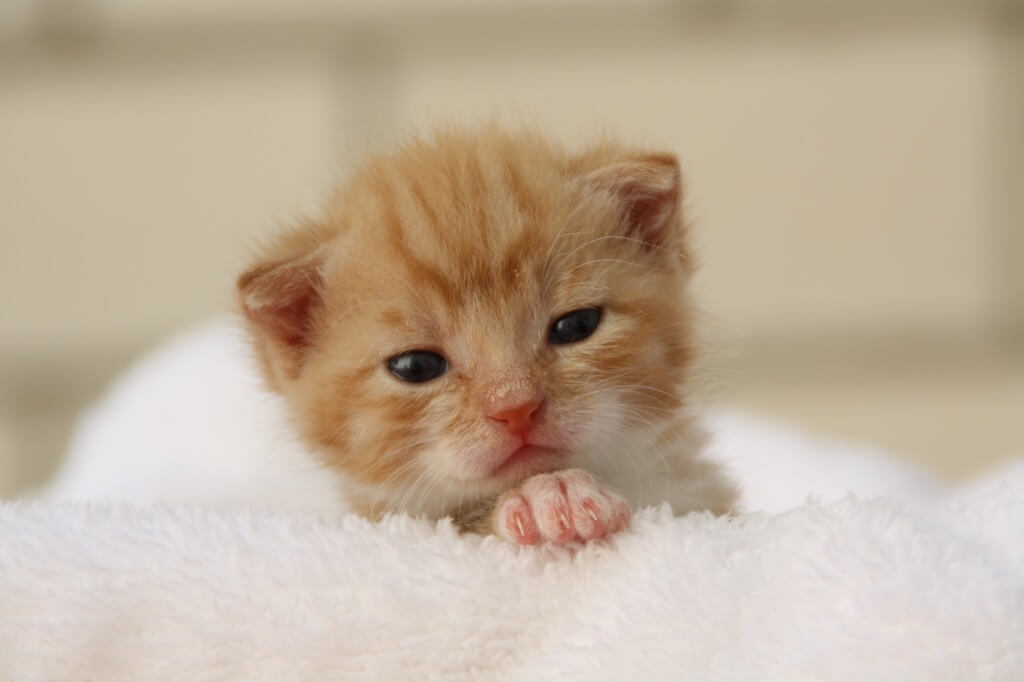
Down syndrome, also known as Down’s syndrome, trisomy 21, or (formerly) mongolism is a condition that is caused due to the presence of an extra copy of chromosome 21 in the cells of the body.
Due to this extra genetic material it causes mental disability, various health problems, and also some unique physical features. These phenotypical characteristics of this congenital disorder are exclusive to down syndrome individuals.
However, this doesn’t mean that those with Down get to stay down! People with this genetic disorder are able to amaze the world with their skills and abilities.
Types of Down Syndrome
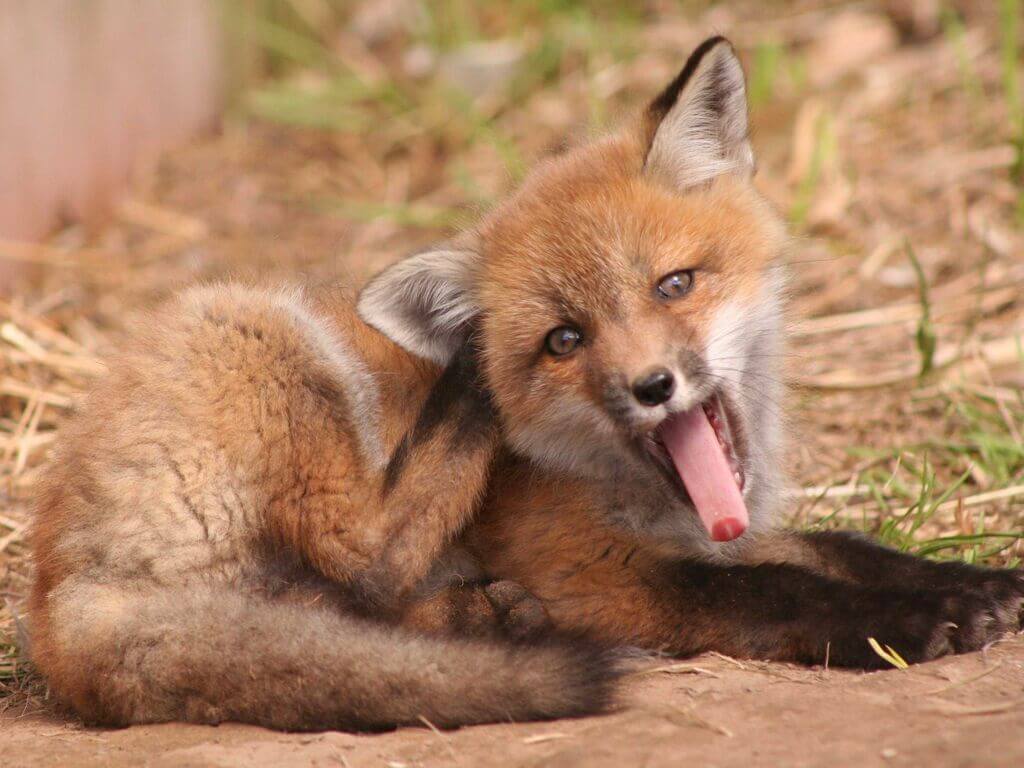
There are three types of Down syndrome:
- Trisomy 21
- Translocation Down syndrome
- Mosaic Down syndrome
Can Animals Have Down Syndrome?
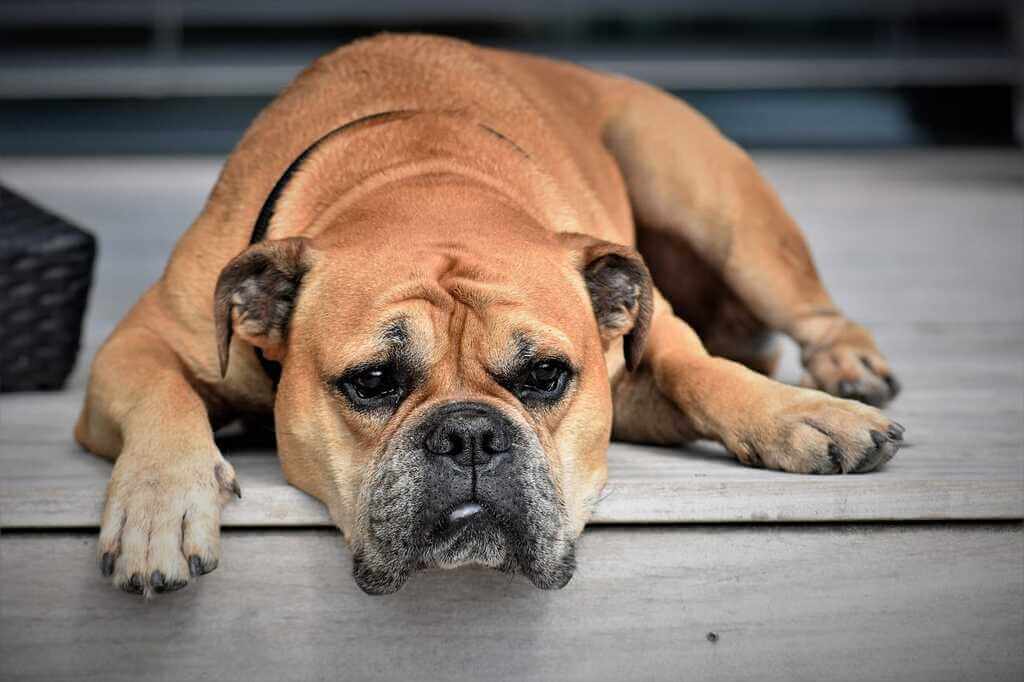
The answer is an inconclusive YES!
Down syndrome is a genetic disorder that is mostly found in humans. And the genetic make-up of animals is different from that of humans; it’s hard to say that the presence of the extra chromosomes would have the same effect on an animal that it does on a human.
There are so many different types of genetic disorders and Down syndrome that can affect different species in different ways. For example, cats don’t have 21 chromosomes, so this syndrome can’t happen in cats.
You may have seen people pets on social media who have various chromosome disorders, hormone deficiencies, and inbreeding. These conditions and physical traits are associated with Down syndrome. Animals with down syndrome also have intellectual disabilities, physical abnormalities, and difficulties with exercise, which is quite similar to humans with down syndrome.
Traits & Characteristics of Down Syndrome in Animals
There are many symptoms and traits from which you can identify animals whether they are suffering from Down syndrome or not.
Here are some characteristics associated with down syndrome:
- Almond-shaped eyes
- Lack of muscle tone
- White spots on the iris
- Large tongue
- Gradual hearing loss throughout life
- Flattened face
- Sleep apnea
- Heart defects
- Ear infections throughout life
- Slow growth eventually results in small stature
- Large, protruding tongue
- Short limbs
- Poor muscle tone
- Cognitive delay
- Delayed opening of the eyes and ears
Apart from the above, there are many other characteristics, but these ones are the most common ones.
According to the US Centers for Disease Control and Prevention (CDC), “there are also some common physical features of Down syndrome, such as poor muscle tone and a line across the palm of the hand (palmar crease).”
The Global, Down Syndrome Society points out that “while some of these features may be common, they are not universal, and although children and adults with Down syndrome may share some common features, they look more like their immediate family members than like each other.”
15 Animals with Down Syndrome Like Conditions
Now you know that animals can’t have Down Syndrome. But why, on the internet, are some animals labeled with it? These animals are born with very similar symptoms or traits that appear identical to Down syndrome in humans. This is why most people just assume that’s what the animal has.
Are there down syndrome animals in the world? What animals look like with down syndrome?
Below is the list of fifteen animals that have gone viral on social media platforms for having down syndrome-like conditions.
Let’s take a look:
1. White Tigers
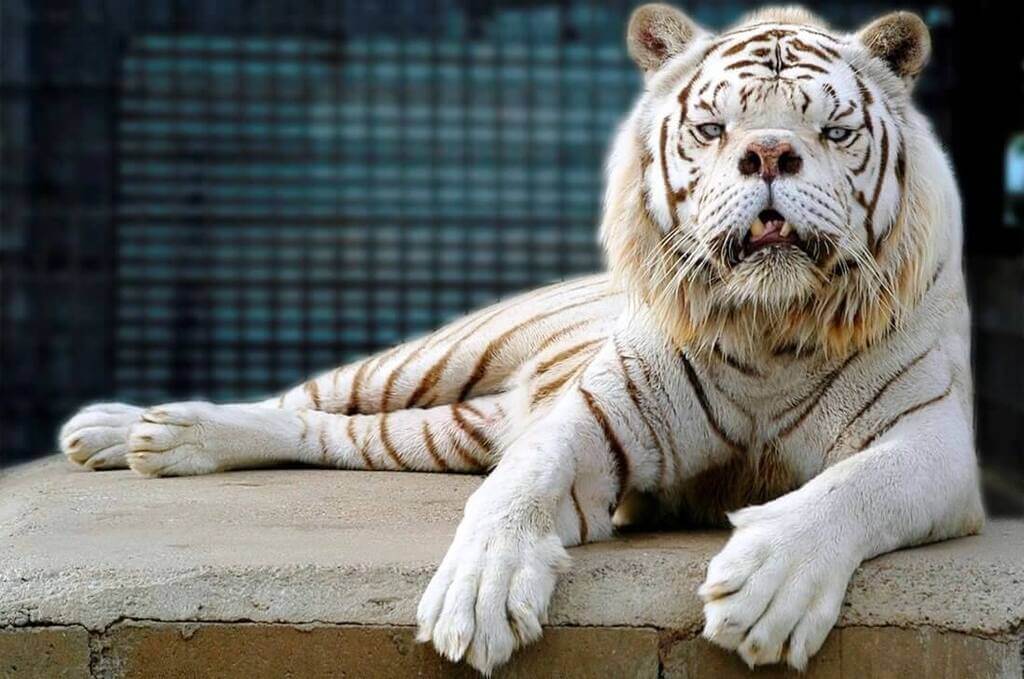
A white tiger named Kenny is assumed to have down syndrome. Born in Turpentine Creek Wildlife Reserve, this tiger was rescued in 2002. This place is a refuge for wildlife situated in the Southern part of the United States.
Keeny, the tiger down syndrome condition, was one of the most popular animals on the internet that claimed to have Down syndrome, often labeled as the “tiger with Down syndrome.” However, unfortunately, he passed away back in 2008. The tiger has a different face with wide-set eyes, a mouth that wouldn’t close completely, and a very short snout. He was actually not diagnosed with chromosome mutation; he was, in fact, suffering from genetic facial deformities resulting from inbreeding. There are tigers with down syndrome.
2. Mice
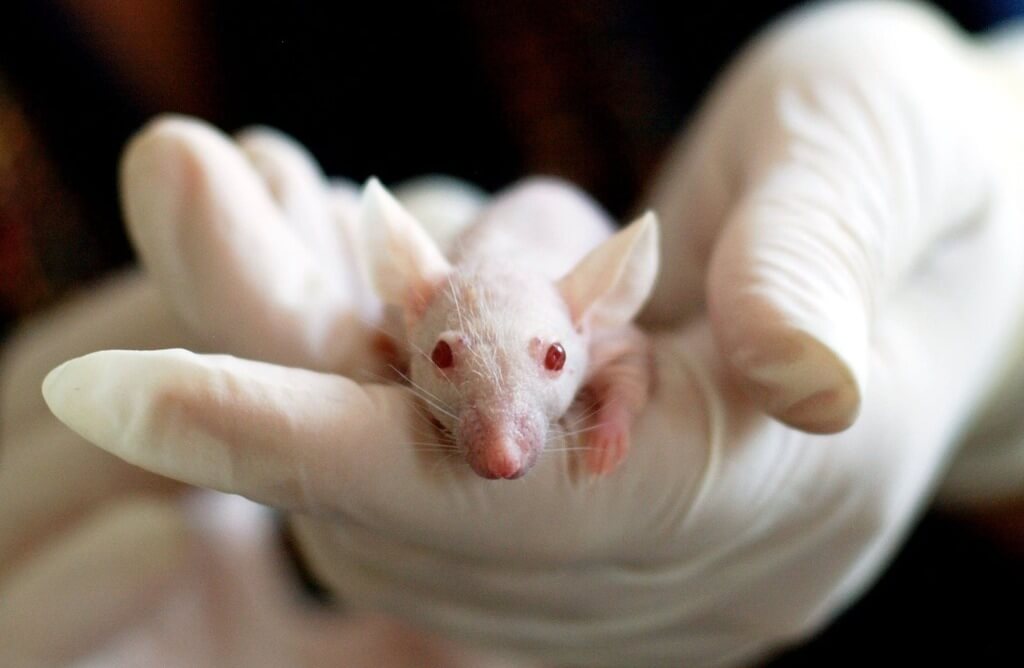
A team of researchers has found that mice can also experience chromosomal defects. A mouse can develop an additional chromosome 16, which is capable of creating symptoms similar to Down syndrome.
However, at the same time, it is never seen in wild mouse populations because babies with down syndrome typically die before they are born. Researchers just know the possibility as they genetically created the conditions in the laboratory for mice just to study them.
3. Cats
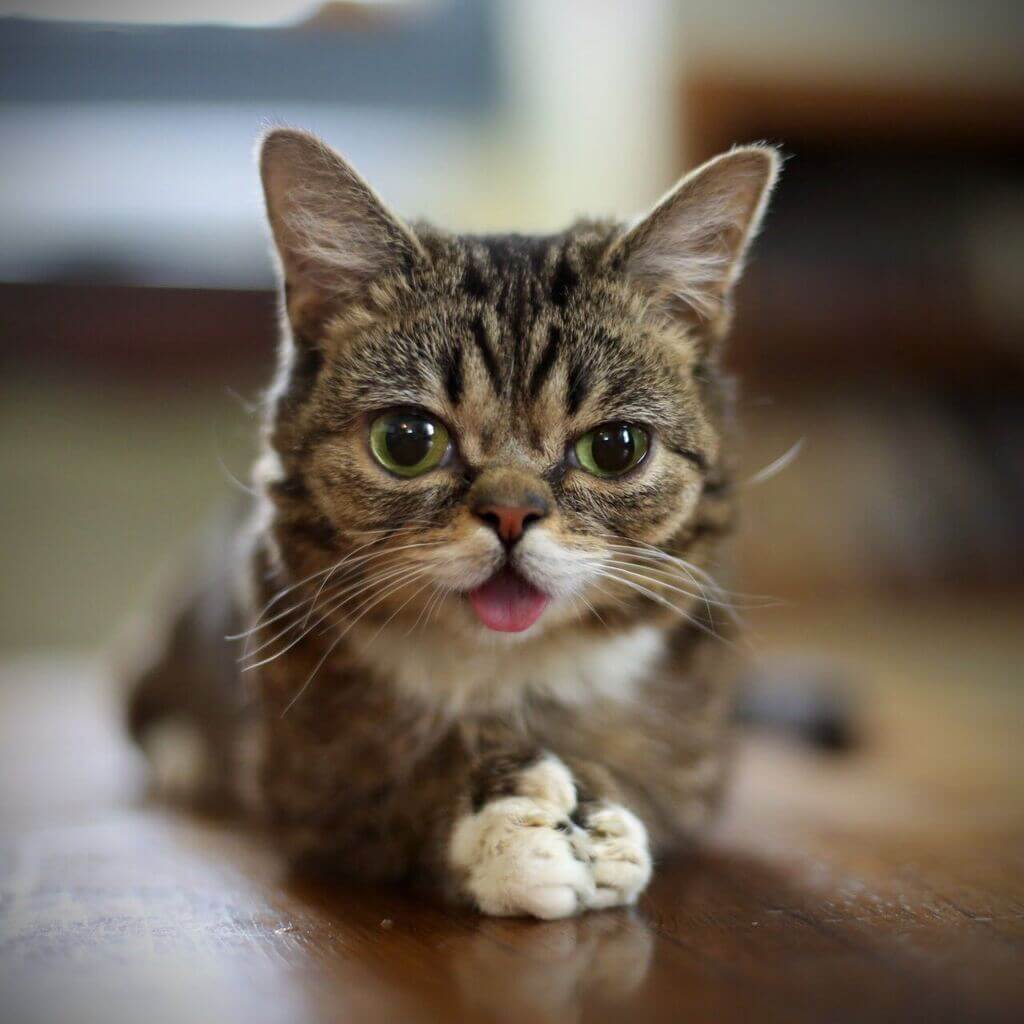
Can cats get Down Syndrome?
The answer is No!
That’s because cats have 19 chromosome pairings; that’s why it is almost impossible for Chromosome 21 to triplicate. However, cats can have neurological and physical abnormalities, and some of them are actually related to chromosomal mutation.
Cats are also one of the most popular species on social media when it comes to “Down syndrome pets.” here are the top three kittens with their different health conditions:
- Otto the kitten: This kitty was reported as having an early death due to Down syndrome. She has abnormal facial features which were due to a hormone deficiency or genetic mutation.
- Lil Bub the cat: this kitten has many genetic mutations, including having extra toes and feline dwarfism.
- Monty the cat: This feline suffers from a chromosome abnormality but doesn’t have Down syndrome.
4. Giraffes
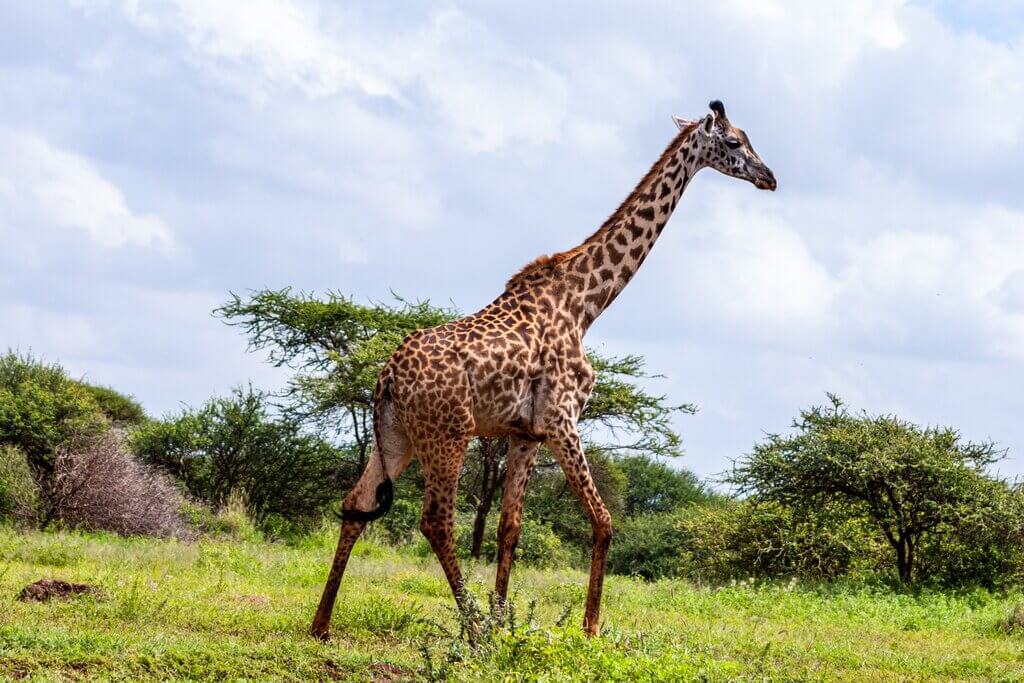
Giraffes are known for their long legs and neck; it is uprising and shocking to see a dwarf one. But yes, they do exist! These animals also don’t have down syndrome, but they do have a genetic disorder called skeletal dysplasia. Due to this, a giraffe with down syndrome can have abnormally shaped bones in its spine, arms, legs, and head.
Another health issue is similar to birth asphyxia, where the down syndrome giraffe baby has oxygen cut off and doesn’t develop fully. Julius, the giraffe, born at the Maryland Zoo, is an example of this condition. This animal has a crippled tongue because of a damaged brain.
5. Dogs

Dogs are cute, adorable, and perfect companions!
So do dogs have Down Syndrome? The answer to this question is debatable!
Having a large tongue is a symptom of both a down syndrome dog and macroglossia condition. Macroglossia is a health condition that is caused due to enlarged cells or muscle tension. This leads to dogs having abnormally large tongues that constantly hang out of their mouths.
6. Lion
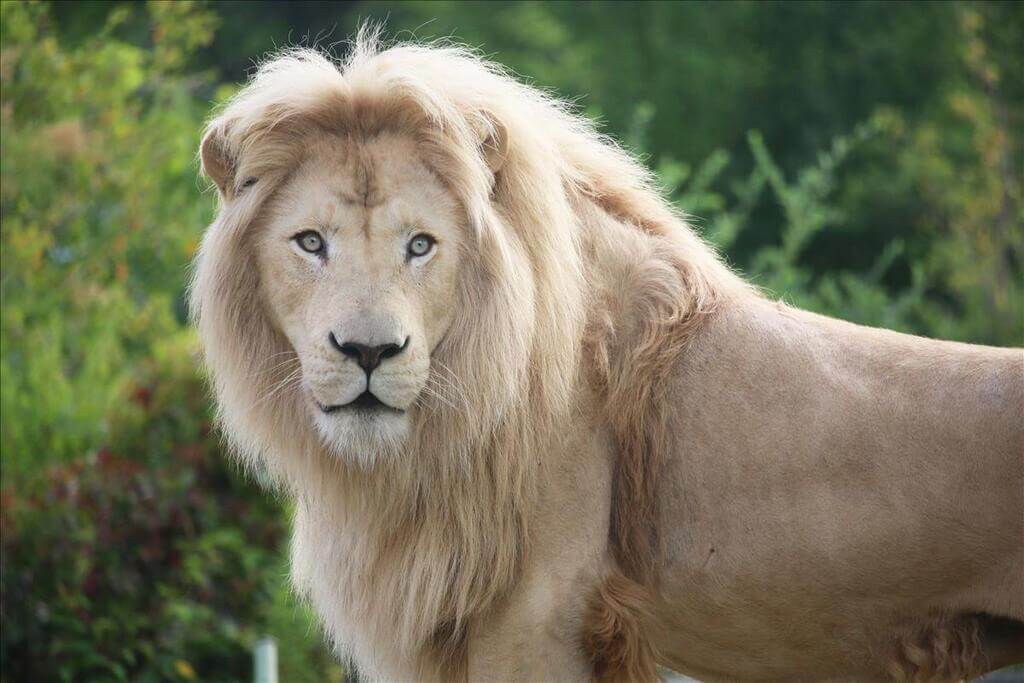
Yes, it’s pretty shocking to know that Down Syndrome can affect the most powerful animal in the animal kingdom lion.
To date, scientists are trying to find out whether humans and lions can be affected by this same genetic order or not. However, whether lions have down syndrome, they will still remain the king of the forest!
7. Koala
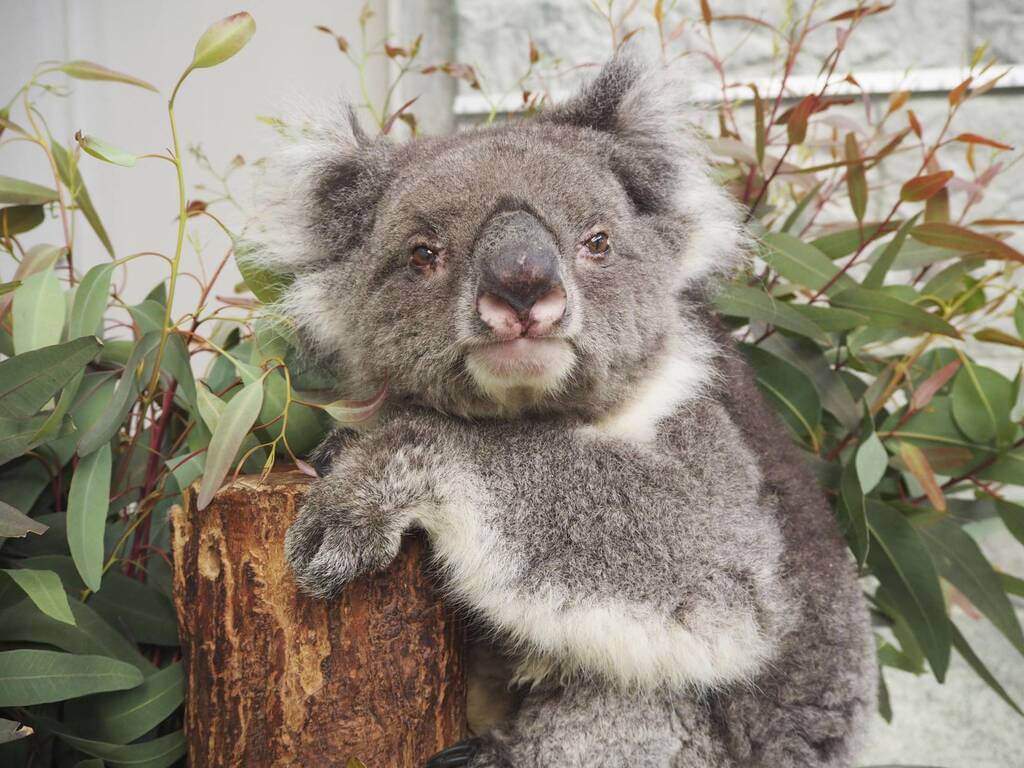
These fluffy and adorable animals hang around in trees in their native Australia. With their big and bright eyes, they can make anyone fall in love with them. This koala has a genetic makeup that causes him to have wide eyes, which makes him even cooler. What do you say about this cutie?
8. Sloth
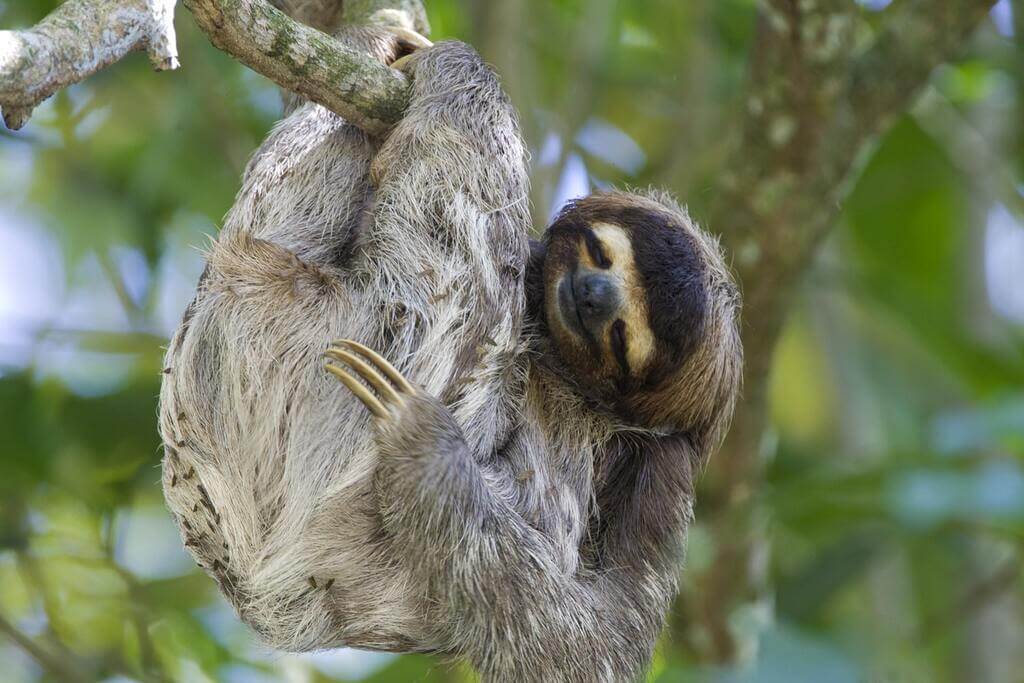
Sloths: known for their sleeping and lazy nature, these animals are indeed friendly and cute. Look at this sloth; doesn’t he look super confident while posing for the camera!
Animals have genetic sequences, which means they can also have chromosomal anomalies similar to Down Syndrome. This can cause issues like anatomical alterations, which highly affect the physical characteristics of the animals, such as this sloth.
9. Elephant
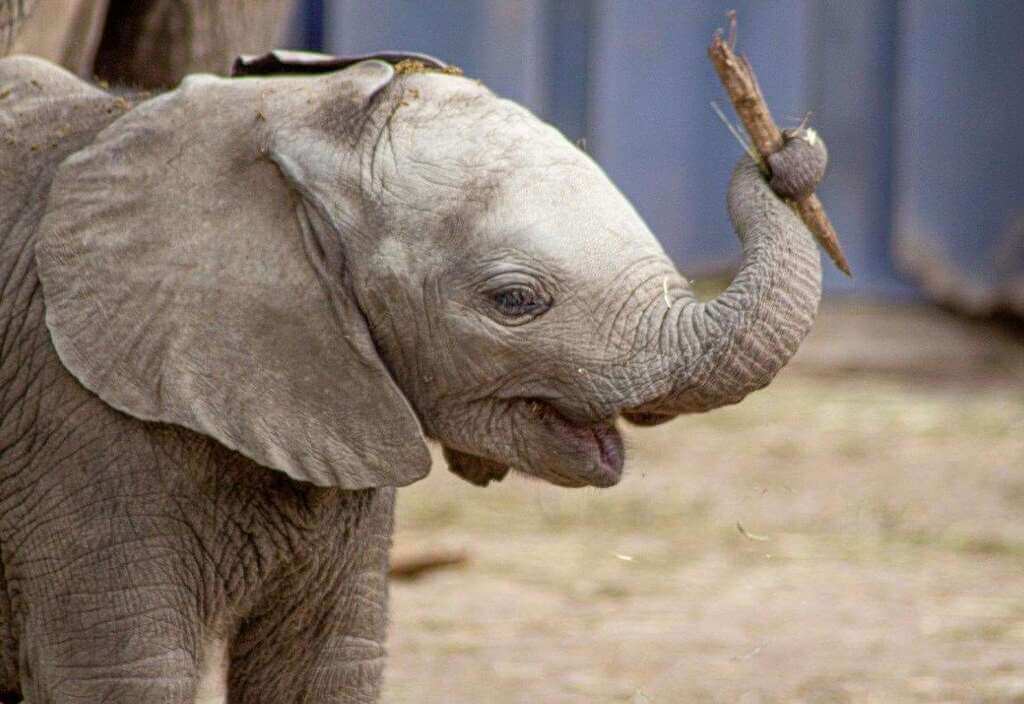
Look at this baby elephant. He is trying to keep his balance and walk properly. This elephant also has some medical conditions due to genetic disorders.
10. Bear
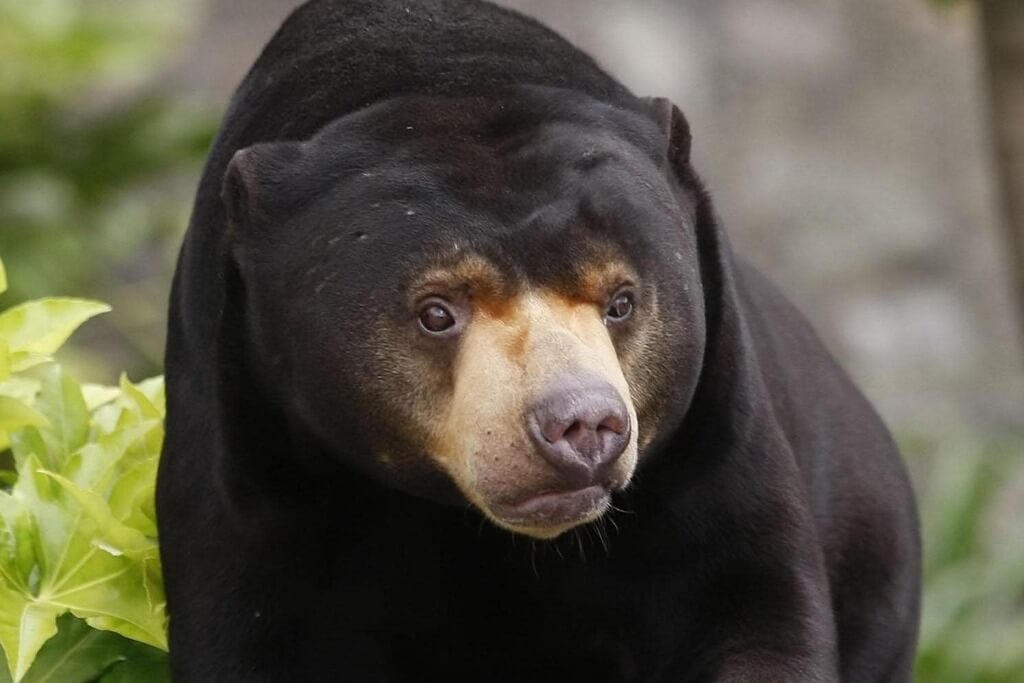
It’s true that genetic mutations can occur in any living thing, including bears. Even though this bear has Down syndrome, it still looks furry and fierce. So if you ever run into a bear in the woods, no matter how cute he looks, never try to hug him!
11. Apes
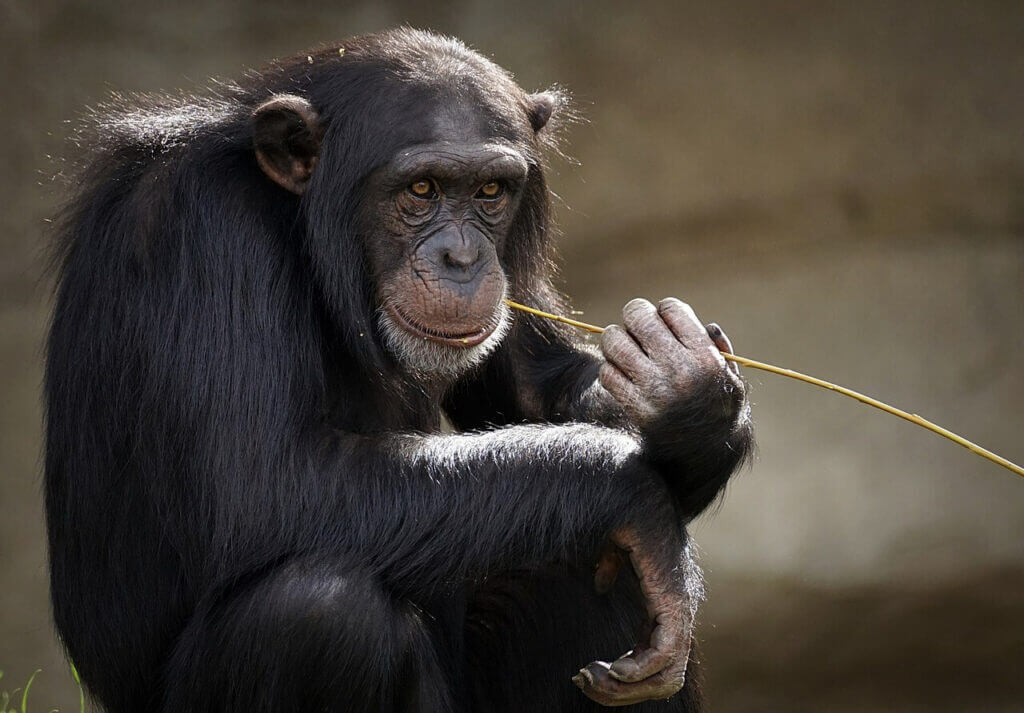
Apes have a very similar genetic structure to human beings. They have 24 chromosome pairs; that’s why apes, chimpanzees, gorillas, and orangutans can develop trisomy 22.
According to a study in 2007, “researchers found that chimpanzees with the MECP2 gene mutation causing Down syndrome. This is an important finding because it demonstrates that both humans and chimps have similar risk factors for developing the same medical conditions.”
12. Guinea Pigs
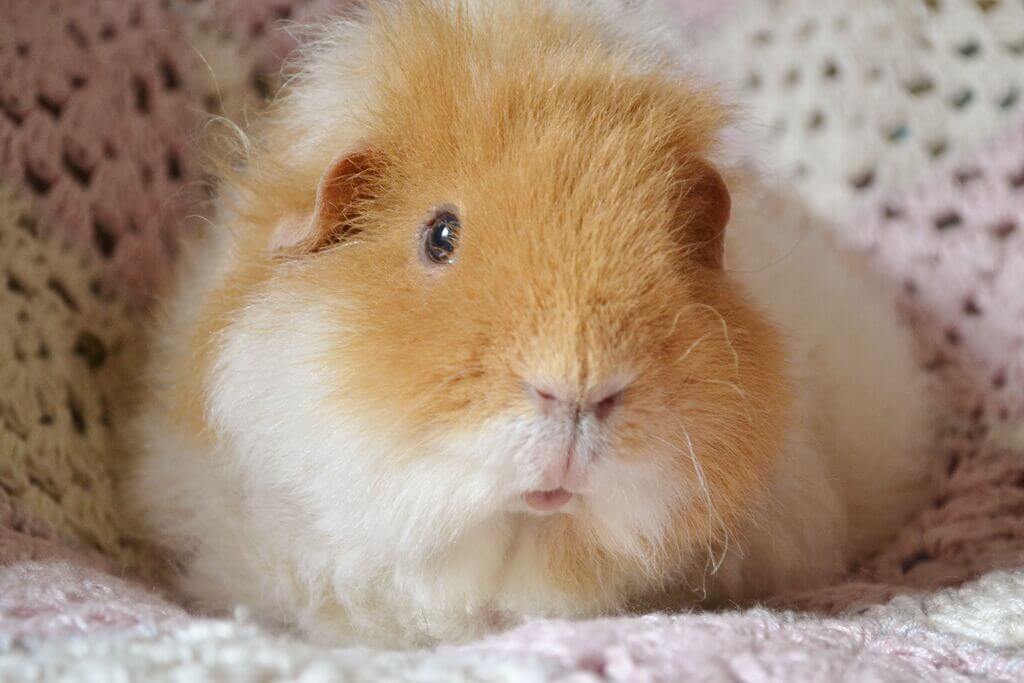
People love guinea pigs as pets because they’re tiny and gentle. So even if a guinea pig has some genetic abnormality, you can make them your pet.
Do you know that guinea pigs have different kinds of hair? Yes, these little creatures have five different types of hair that cover their entire body.
13. Sheep
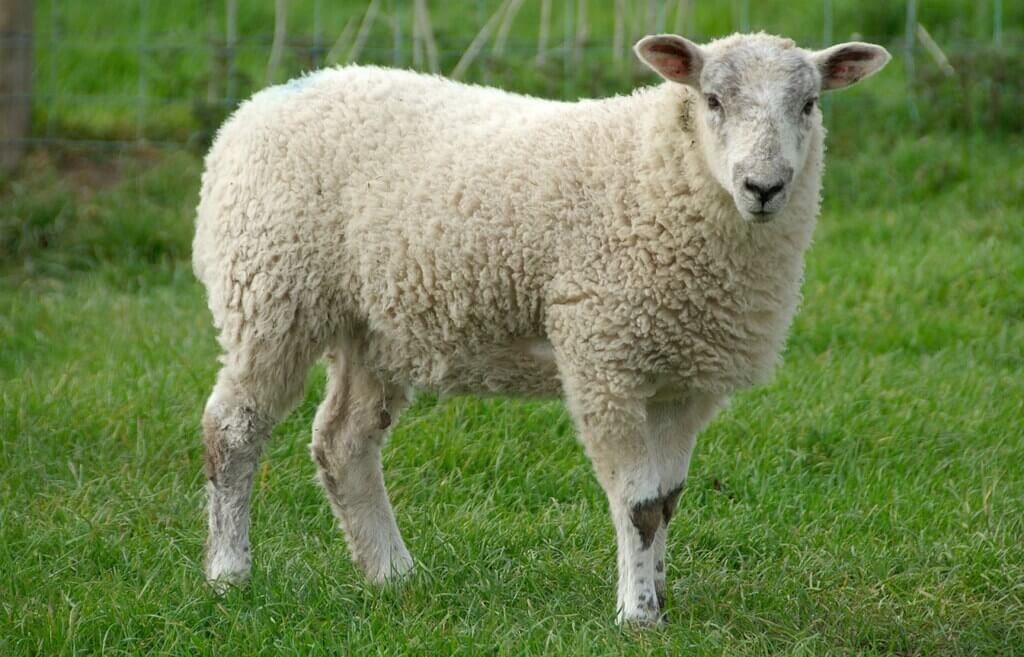
The sheep is such a kind and cool animal with a happy and smiling face. With their adorable eyes, this little fellow can brighten anyone’s day. Genetic mutation or Down Syndrome may set these animals apart from the herd. However, that doesn’t mean that they have no place; these conditions make them even more special.
14. Horseplay
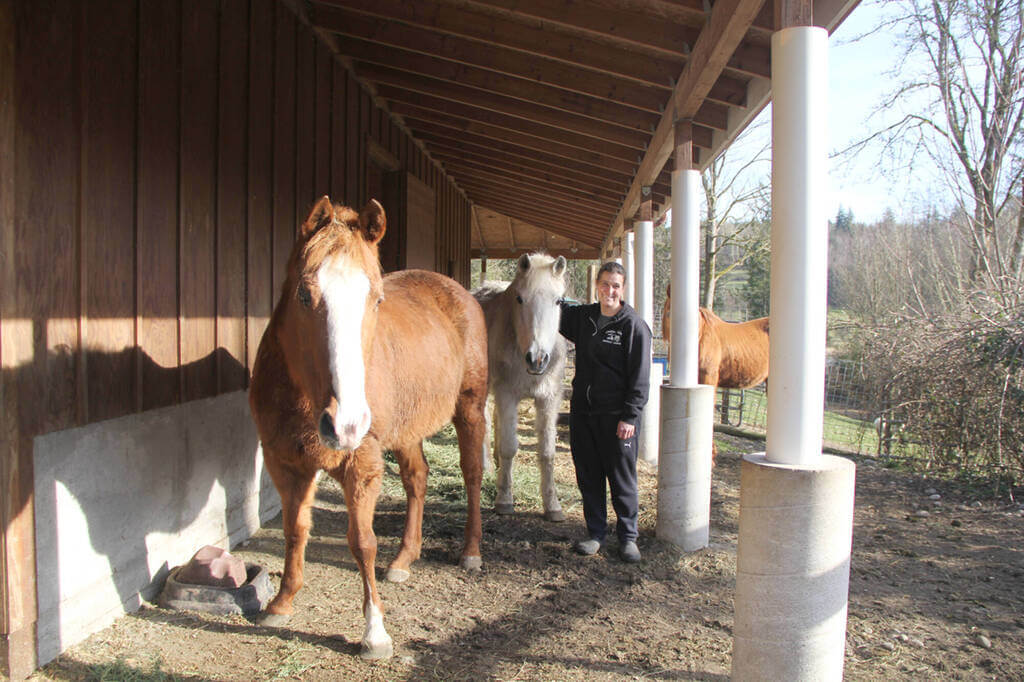
Can horses get Down Syndrome? Yes, sadly, they can!
Horses are noble, majestic creatures, but they can also suffer from autosomal trisomy, which is pretty similar to down syndrome. This causes horses to have physical issues like angular limb deformities, a domed skull, scoliosis, an overbite, metabolic disorders, and neurologic deficits.
15. Cow
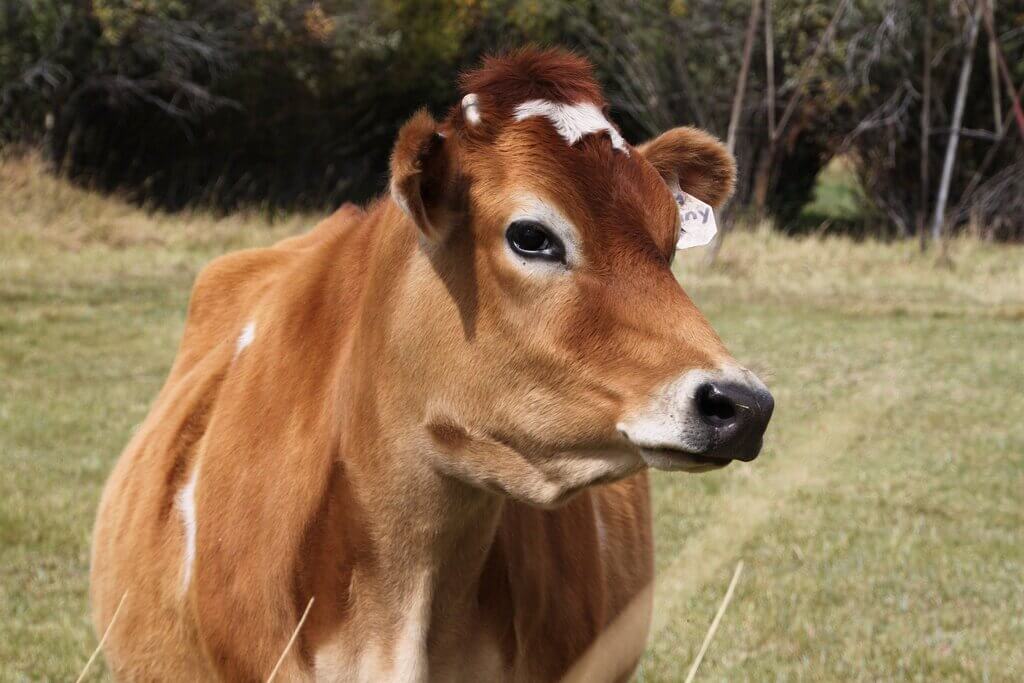
Yes, cows can also have down syndrome! But even if they have this health condition, these animals can still be funny and adorable as they always are.
The Bottom Line
The answer is NO! That’s because animals have different chromosomes than humans, but there are animals with conditions that are similar to Down syndrome in humans.
So, whether your pet or another animal you discover a long neck, spots, two legs, or four or long tongue, be gentle to these animals with down syndrome. Show lots of care towards them as they also deserve your love and support!
So, if you think that your pet has down syndrome or similar health conditions, please visit your vet without hesitation! They clarify all your doubts and questions about animals with down syndrome and provide your beloved pet with the right treatment.
I hope this in-depth guide on animals with down syndrome has provided you with all the information you need. So, if you find this blog informative and helpful, please share it with your friends and family.
For more information :








